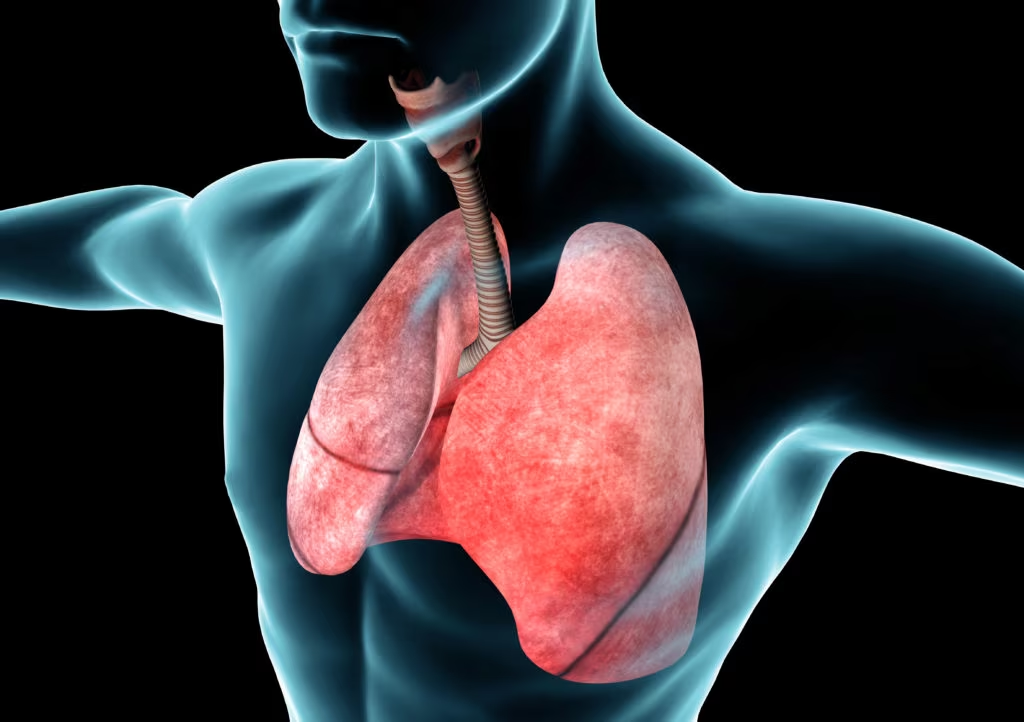Welcome to the latest edition of touchREVIEWS in Respiratory & Pulmonary Diseases, which aims to provide insightful and topical articles relevant to the everyday practice of busy physicians. Our popular expert interviews provide a snapshot of hot topics in medicine. In the first of our interviews, Andrew Menzies-Gow discusses the clinical data leading to the US Food and Drug Administration approval of tezepelumab for the treatment of severe, uncontrolled asthma. In the second, Richard Van-Zyl Smit describes the challenges of implementing smoking cessation strategies.
The on-going challenge of the coronavirus disease 2019 (COVID-19) continues to dominate respiratory medicine, and in an editorial, Yohannes Ghebre discusses recent data regarding the risk of pulmonary fibrosis after COVID-19.
The first of our review articles focuses on the increasing use of biologics in respiratory diseases. Cazzola et al. discuss advances in the potential use of cytokines and chemokines in asthma and chronic obstructive pulmonary disease and describe the current and emerging use of monoclonal antibodies for the treatment of type 2 and type 1 inflammation in asthma.
Next, our attention next turns to another important unmet medical need: effective therapies for chronic cough. Anandavelu and Turner consider the efficacy and safety of the first-in-class P2X3 antagonist, gefapixant, for chronic cough.
Paediatric obstructive sleep apnoea is a challenging condition that is associated with cognitive and behavioural deficits. Mathew and Isaiah describe magnetic resonance imaging studies that aim to enhance our understanding of the impact of paediatric obstructive sleep apnoea on the brain.
Electronic nicotine delivery systems, or vaping systems, have become a popular alternative to cigarette smoking among young adults, but concern persists about their safety. Bhandari et al. discuss the pathophysiology of e-cigarette or vaping product-associated lung injury (EVALI), which was recognized as an entity in 2019, the same year as the advent of the COVID-19 pandemic, as well as differences between EVALI and COVID-19 and the impact of COVID-19 on EVALI.
touchREVIEWS in Respiratory & Pulmonary Diseases would like to thank our expert authors for providing insightful and thought-provoking articles. We are also grateful to all organizations and media partners for their on-going support, as well as our editorial board for their continued involvement and advice. Please also take the opportunity to look at the videos on our website, www.touchrespiratory.com, which features a wealth of expert content. We hope that you will find this edition of touchREVIEWS in Respiratory & Pulmonary Diseases an enjoyable and informative read.
Margaret A Pisani
Margaret A Pisani, MD, MPH, is Professor of Medicine in the Division of Pulmonary, Critical Care and Sleep Medicine at Yale School of Medicine, Yale University, New Haven, CT, USA. She is the Vice Chief for Faculty Mentoring and Career Development. She earned her Bachelor of Science degree in Physics from Iona College, a Master of Science in Biomedical Engineering from New Jersey Institute of Technology, her MD degree from Temple University and an MPH degree from Yale University. Dr Pisani completed her internship and residency in Internal Medicine at Yale New Haven Hospital, where she was also Chief Resident. Her clinical and research interests include sleep, delirium and circadian biology in critical illness, functional and cognitive outcomes in older patients after critical illness, and ageing and lung disease. She most recently led the coronavirus disease 2019 clinical response for the Division of Pulmonary, Critical Care and Sleep Medicine at Yale School of Medicine.











